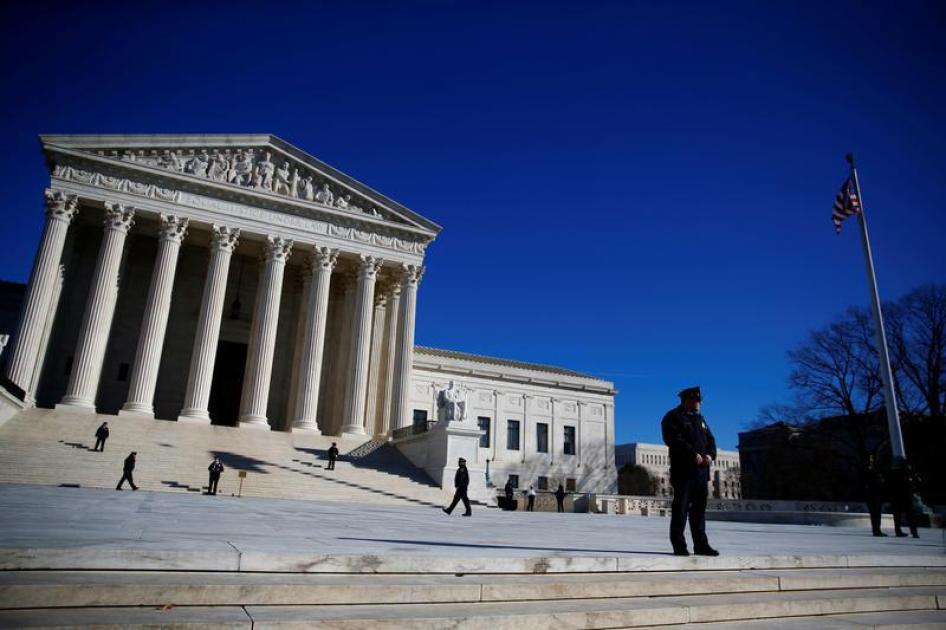The US Supreme Court ruled on Tuesday that immigrants with certain criminal convictions – even those who served their time decades ago for minor crimes – may be detained indefinitely without a hearing for bail.
Justice Samuel Alito’s majority opinion in this 5-4 decision makes the issue sound like a purely technical one for grammarians and lawyers. But the issue in Nielsen v. Preap revolves around the right to liberty and to be free from arbitrary detention.
This is what mandatory immigration detention for people with an old criminal record looks like:
When Ricardo Fuenzalida was in his early 20s, he was arrested twice for misdemeanor possession of marijuana. He pleaded guilty, never spent a day in jail, and went on to become a family man who worked hard at his construction job and coached his twin girls’ soccer team. In 2013, over 13 years later, US immigration agents arrested him, locked him up, and tried to deport him.
As a lawful permanent resident, Fuenzalida fought deportation, but the US government argued he was subject to mandatory detention for his “controlled substance offense,” meaning he could not be released on bail (or “bond” in immigration parlance). After months of detention, at tremendous financial and emotional cost for his family – as well as financial cost to US taxpayers – Fuenzalida won his case and returned home.
In 2016, the Ninth Circuit Court of Appeals ruled that people like Fuenzalida are not subject to mandatory detention if they were arrested years after being released from criminal custody. The court said that the federal statute on mandatory detention allows for immigrants with certain criminal convictions to be taken into custody “when…released” – but not beyond that time.
The Supreme Court in Nielsen v. Preap reversed this decision, holding that “when…released” meant any time after the immigrant left custody, affirming an expansive and arbitrary interpretation of mandatory detention.
Justice Stephen Breyer, in his dissenting opinion, makes clear that what is at stake is not a narrow question of law to be decided on grammar alone. Rather, the issue cannot be decided “without bearing in mind basic American legal values: the Government’s duty not to deprive any ‘person’ of ‘liberty’ without ‘due process of law,’… and more directly, the longstanding right of virtually all persons to receive a bail hearing.”
This decision will deprive immigrants like Ricardo Fuenzalida of their freedom without due process, contrary to basic American values, and in violation of international human rights law.










